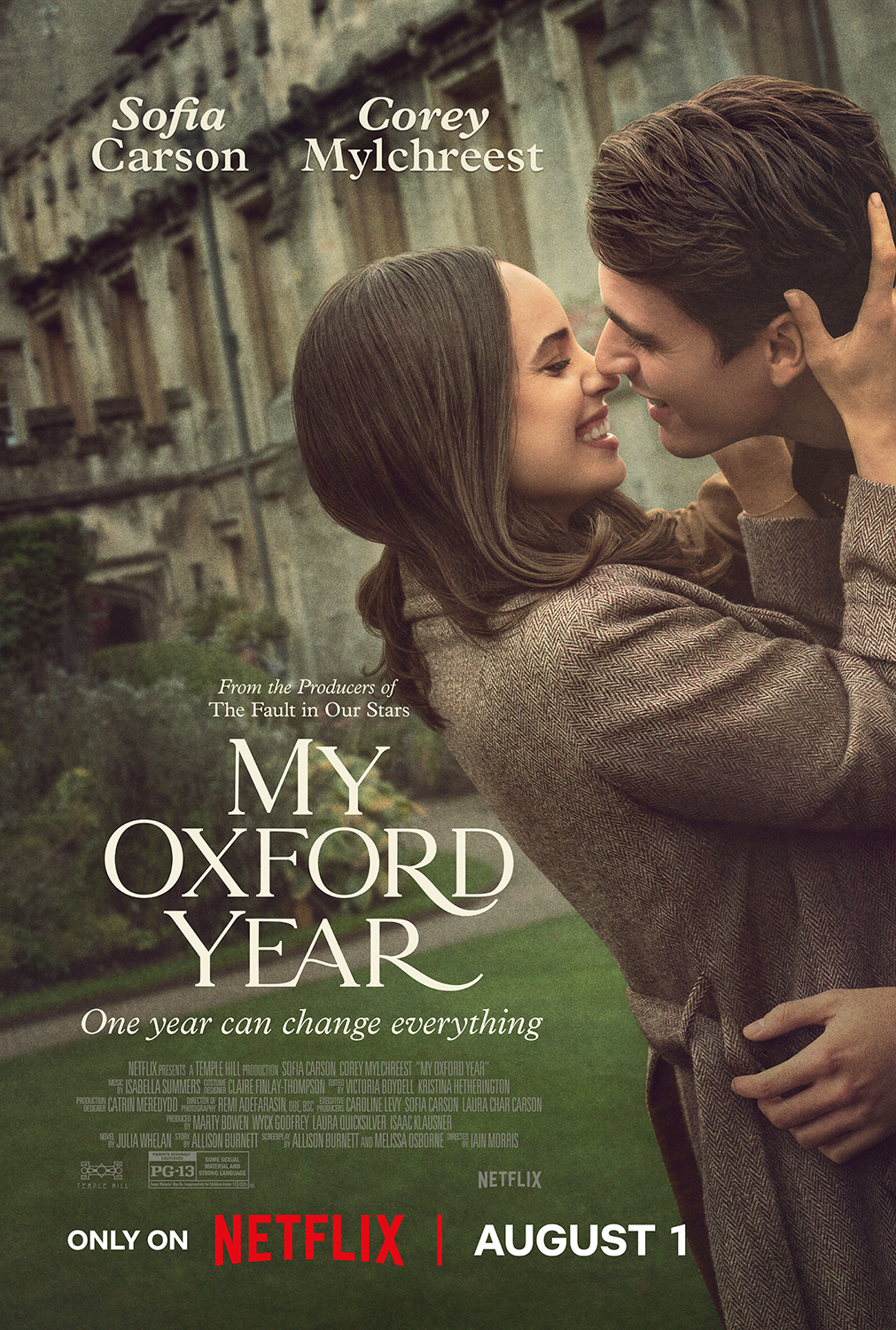|
|
Latest Articles
|

Torrent Description
Category: Adults, Autobiography & Biographies
Language: EnglishKeywords: 1980s Hudson Valley NY Written by Alexandra Aldrich Read by Tavia Gilbert Format: MP3 Bitrate: 64 Kbps Unabridged Publisher: HarperAudio Release date: May 14, 2013 Duration: 05:14:42 The Astor Orphan is an unflinching debut memoir by a direct descendant of John Jacob Astor, Alexandra Aldrich. She brilliantly tells the story of her eccentric, fractured family; her 1980s childhood of bohemian neglect in the squalid attic of Rokeby, the family’s Hudson Valley Mansion; and her brave escape from the clan. Alexandra idolized her father, Rokeby’s charismatic lord of misrule, who had attended elite private schools as a child but inherited only landed property, not money. To him, she says, “poverty was amusing, a delightful challenge.” All of the family’s resourcesâemotional and financialâwent to the maintenance of the Astor house and legacy. If the family had sold the house and its 450 acres, they all would have been able to live comfortably. Instead, Alexandra and her parents lived precariously in the grand house, scavenging for the next meal. Her mother, an icy Polish artist, disguised her maternal indifference by extolling the virtues of independence. Relatives preyed on Alexandra’s low status in the household. Once her father got involved with a woman named Giselle, Alexandra’s only stalwart was her affectionate grandmother. Reaching back to the Gilded Age, when that legacy first began to come undone, Alexandra has written an unflinching, mordantly funny account of neglect and class anxiety amid the ruins of a once prominent family.. Publisher: HarperAudio Release date: May 14, 2013 Duration: 05:14:42 The Astor Orphan is an unflinching debut memoir by a direct descendant of John Jacob Astor, Alexandra Aldrich. She brilliantly tells the story of her eccentric, fractured family; her 1980s childhood of bohemian neglect in the squalid attic of Rokeby, the family’s Hudson Valley Mansion; and her brave escape from the clan. Alexandra idolized her father, Rokeby’s charismatic lord of misrule, who had attended elite private schools as a child but inherited only landed property, not money. To him, she says, “poverty was amusing, a delightful challenge.” All of the family’s resourcesâemotional and financialâwent to the maintenance of the Astor house and legacy. If the family had sold the house and its 450 acres, they all would have been able to live comfortably. Instead, Alexandra and her parents lived precariously in the grand house, scavenging for the next meal. Her mother, an icy Polish artist, disguised her maternal indifference by extolling the virtues of independence. Relatives preyed on Alexandra’s low status in the household. Once her father got involved with a woman named Giselle, Alexandra’s only stalwart was her affectionate grandmother. Reaching back to the Gilded Age, when that legacy first began to come undone, Alexandra has written an unflinching, mordantly funny account of neglect and class anxiety amid the ruins of a once prominent family.. 
Related Torrents
|
|||||||||||||||||||||||||||||||||||||||||||||||||||||||||||||||||||||||||
Home - Browse Torrents
ExtraTorrent.st is in compliance with copyrights
2025 ExtraTorrent.st


















